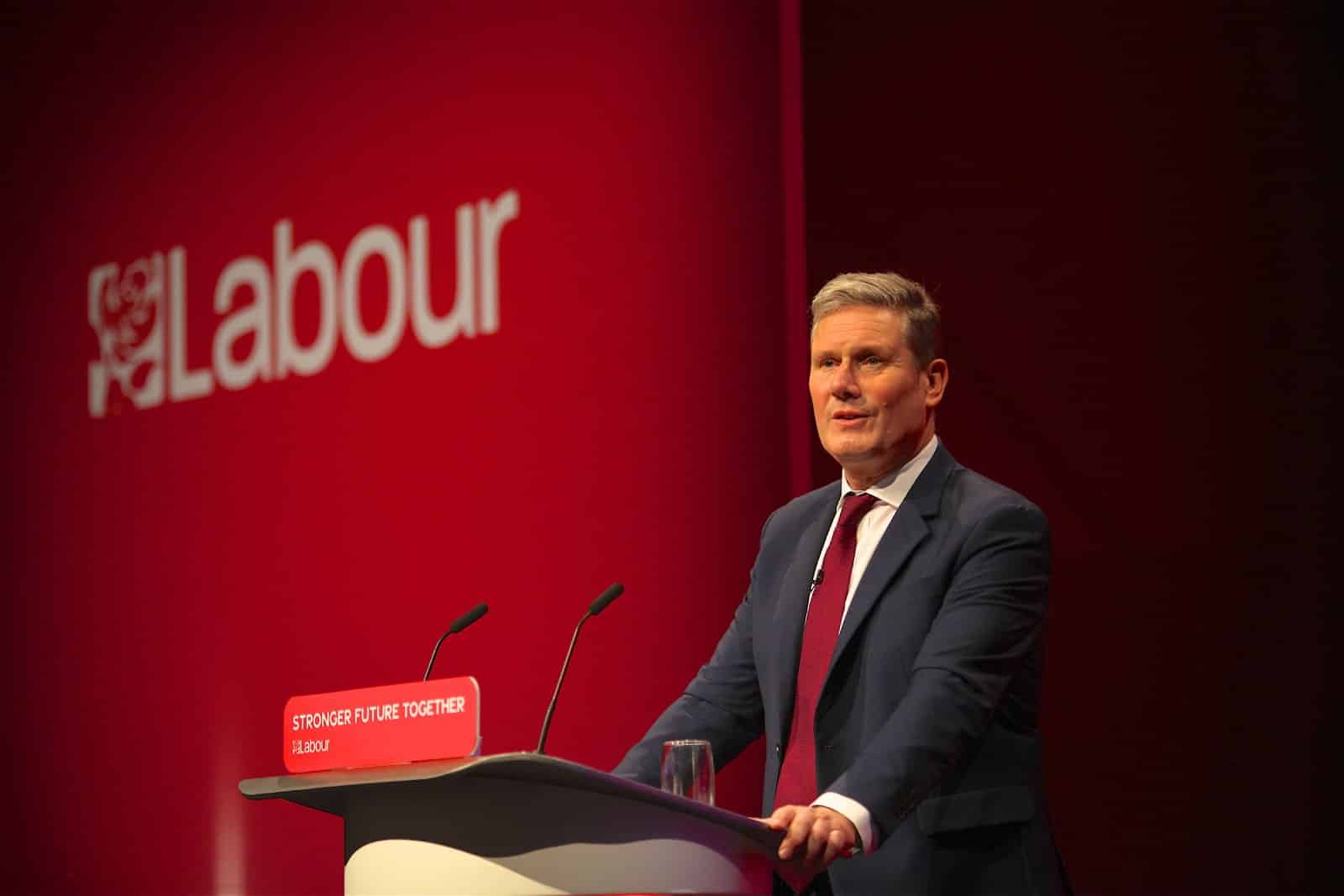Amidst Britain’s longest sustained rise in long-term sickness since the 1990s, a Resolution Foundation report underscores the pressing challenge of economic inactivity, prompting calls for comprehensive action to address its impacts. Here’s the full story.
Worldwide Pandemic

It can sometimes be difficult to remember that, only a few short years ago, the world was stricken by a pandemic, the likes of which had not been seen for a century.
Ground to a Halt

During the Coronavirus pandemic, hundreds of thousands died while everyday life, whether it be school, work, or simply seeing friends, ground to a halt.
“Long Covid”

Hundreds of thousands more were stricken with ‘Long Covid’ or had their existing health conditions worsened, as they lived under the shadow of falling ill from a disease that is still very much with us, even if it is now mainly a scourge for the immunocompromised.
Pandemic’s Legacy

However, the pandemic’s legacy has never been more evident. Britain faces an enduring challenge as the number of working-age adults too sick to work has risen continuously, marking the most prolonged sustained increase since the 1990s.
Stark Warning

The Resolution Foundation, a prominent think tank, has issued a stark warning that this surge in economic inactivity due to long-term sickness presents a significant hurdle for the country’s workforce dynamics.
Long-Term Sickness

According to the Resolution Foundation’s latest report, economic inactivity stemming from long-term sickness has surged annually since July 2019.
54 Months

This trend, spanning over 54 months, indicates a concerning trajectory for the nation’s labour force participation as it prepares to overtake the longest preceding stretch over 55 months, from 1994 to 1998.
2.7 Million

The report highlights a staggering statistic: approximately 2.7 million working-age adults are now deemed too ill to engage in employment.
Youngest and Oldest

Notably, this rise has been most pronounced among the youngest and oldest segments of the workforce, underlining the seriousness of the challenge.
Making Things Worse

It’s crucial to note that the surge in long-term sickness predates the onset of the Covid-19 pandemic. However, the pandemic has undoubtedly exacerbated the situation, contributing to the UK’s struggle with chronic workforce shortages.
Mounting Pressure

Political figures are facing mounting pressure to address the issue of economic inactivity. Rishi Sunak, the Prime Minister, is under scrutiny for effectively tackling worklessness, especially given the dramatic increase in economic inactivity over recent years.
9 Million People

The sheer scale of people now deemed economically inactive can be hard to grasp, with approximately 9 million people affected over the last four years.
Lowest Levels

Individuals experiencing long-term sickness are not factored into the official unemployment rate, which has declined to 3.9% among individuals aged 16 years and older – representing approximately 1.4 million people – marking one of the lowest levels since the mid-1970s.
Economic Inactivity

Conversely, economic inactivity has risen from 20.5% to 21.8% among all working-age adults, translating to roughly 700,000 individuals. There is no sign of this changing anytime soon, even as the repercussions of the Covid pandemic on the labour market diminish.
Benefit Claimants

Both major political parties, Labour and the Conservatives, have pledged firm stances on benefit claimants.
Overly Severe

However, the report warns that an overly severe approach to unemployment benefits may inadvertently push individuals towards claiming health-related benefits instead.
Disability Benefits

The Office for Budget Responsibility forecasts a significant increase in disability benefits spending over the coming years, reaching £52.2 billion by 2028-29.
Rising Trend

Louise Murphy, a senior economist at the Resolution Foundation, warned of the consequences of the rising trend in long-term sickness.
“Serious Effects”

She stated that it could have “serious effects both on individuals’ living standards and career paths, as well as wider strains on the NHS and welfare spending if we fail to improve the nation’s health and reduce economic inactivity”.
“Alarming Legacy”

She continued, “Britain’s labour market is finally returning to normal, but the Covid-19 pandemic has left an alarming legacy of the longest sustained rise in sickness-related inactivity since the 1990s.”
Healthcare and Welfare

Beyond its immediate impact on individuals’ livelihoods and career trajectories, this trend poses broader challenges for healthcare services and welfare spending.
Urgent Action

The Resolution Foundation called for urgent action to address the root causes of economic inactivity and mitigate its adverse effects on both individuals and society as a whole.
“£2.5 Billion Back to Work Plan”

In response to these concerns, the Department for Work and Pensions stated, “We’ve reduced the number of workless households by 1 million since 2010. Our £2.5bn back to work plan will help break down barriers to work for over a million more people, and our recent budget measures are estimated to boost the labour force by an extra 300,000 workers.”
Bad Memories

Ironically, both parties seem to have forgotten, as many of us wish we could, that there was indeed a pandemic not too long ago.
Workless or Working Less?

Many of the “workless” households both parties rail against might be people who are either too sick to work or who have decided that, following a global health emergency, it might be better to take care of themselves rather than work a backbreaking job for pay that doesn’t cover the cost of living.
More Articles Like This…
Broken Britain: 12 Reasons Behind the UK’s Decline
Say the Unsayable: 10 Occasions When Farage Spoke His Mind About Britain
The post Britain Sees Surge in Long-Term Sickness – Why? first appeared on Edge Media.
Featured Image Credit: Shutterstock / Zhuravlev Andrey.
Grant Gallacher is a seasoned writer with expertise in politics and impactful daily news. His work, deeply rooted in addressing issues that resonate with a wide audience, showcases an unwavering commitment to bringing forth the stories that matter. He is also known for satirical writing and stand up comedy.

